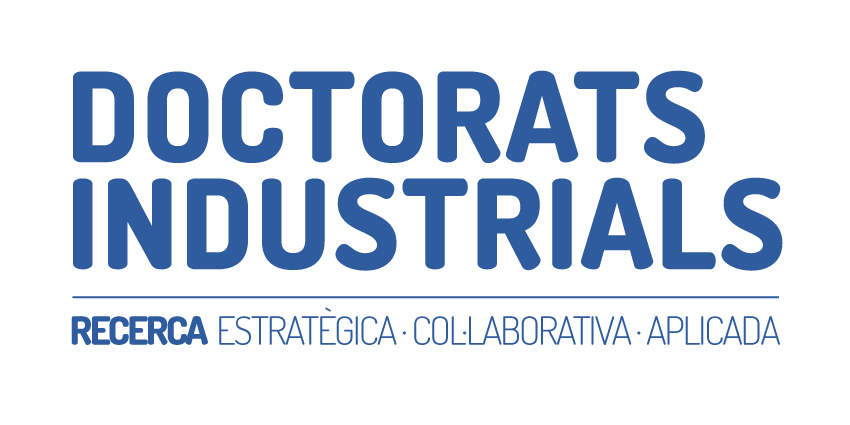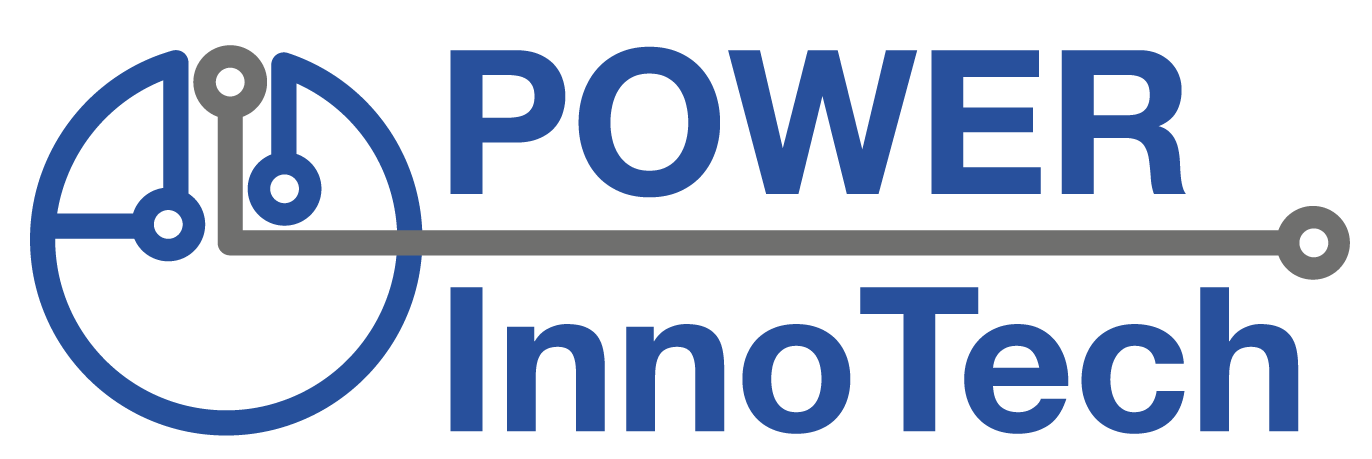Project description
El projecte consisteix en l’aplicació de tecnologies d’intel·ligència artificial sobre dades de consum energètic tant en l’àmbit domèstic com en el sector industrial amb l’objectiu de trobar patrons de consum i crear models que permetin millorar l’eficiència i reduir el consum energètic.
En una primera fase, s’obtindran les dades experimentals i es tractaran perquè puguin ser posteriorment analitzades. Les primeres contribucions s’esperen fer en el camp del tractament de senyal i pre-processament de dades. Posteriorment es treballarà en algorismes de “feature selection” per a la cerca de millors predictors del consum i generació energètica. A partir de la selecció de patrons s’entrarà en les diferents tècniques per al modelat de dades, tant en “machine learning” com en “deep learning” (xarxes neuronals, xarxes neuronals convolucionals, xarxes neuronals recurrents), regressions.
Per a l’anàlisi del funcionament i el diagnóstic es valoraran tècniques com poden ser els algorismes d’anomalies o novetat. Igualment els models de regressió també s’empraran com a indicador de mal funcionament.
Es valorarà el “clustering” de dades com a tècnica de pre-processament i “ensemble learning” per a l’obtenció d’indicadors que puguin ser de fàcil interpretació pels usuaris no experts.
L’objectiu és obtenir patrons de consum i desagregació de consum i genearació elèctrica a partir de l’aplicació d’aquestes tècniques, per poder detectar quins són els hàbits de consum energètic dels consumidors i poder fer un control i impulsar estratègies de flexibilitat efectives.
L’aplicació directa de tot aquest estudi és l’estalvi energètic. L’objectiu serà disposar de models agregats i desagregats de consums elèctrics, generació renovable i estat de càrrega disponible en bateries que permetin l’optimització de serveis de flexibilitat. Es treballarà a partir de la predicció de disponibilitat de càrrega per optimitzar finalment els serveis de flexibilitat.



